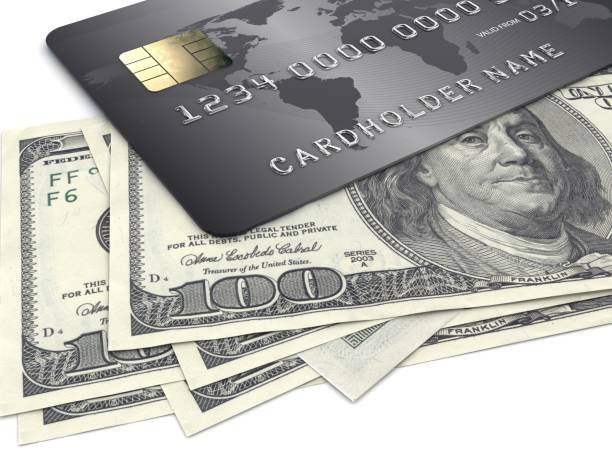Understanding Effects Of Credit Card Use And Account Revelation For Enhancing Financial Planning Techniques.
Credit cards made managing our expenses easier and more versatile as an essential part of our finances. It’s important, however, to recognize how the use of credit cards can affect our broader financial habits. In this post, I will dive deep into the many ways credit cards affect our personal finance decisions and provide some tactical approaches to mitigate these impacts. By optimizing your credit card use you can lay the groundwork to build a steadier financial footing.
Credit cards: What you need to know?
Credit Card Utilization refers to the percentage of your available credit that has been used. Your financial stability depends on it and it plays a significant part in developing a credit score. This increases the risk to lenders, which could negatively impact your score.
The impact on your credit score
Your credit score is a numerical measure of your creditworthiness. High usages of credit cards can have negative affect on your credit score. Because of the higher probability of non-payment, creditors see borrowers with elevated levels of credit use as more risky debtors. Keeping your credit utilization at or under 30% of the available credit limit can help you maintain a good credit rating.
Burden of debt increased
Credit card misuse often leads to large amounts of debt. Credit card interest builds when you often make purchases using them, carrying over balances into the following month, leading to an increase in the total amount you owe. With high debt, if not managed properly, it could become a burden to reach your goals in all aspects of life, maybe even cause financial despair.
How it affects financial decision making
Credit cards can have an enormous impact on your ability to make good money choices. Owing a lot of debt on your credit cards will make it difficult to save up some cash for investments or your important expenses. On top of this, the burden of credit card debt could change how comfortable you feel with taking on more risks going forward.
Use of credit cards can be beneficial
Having an excessive amount of credit can be bad, however using a credit card in moderation does come with some benefits. Used prudently, credit cards offer perks, cashback, and purchase protections. Also, responsible use of credit cards can help build a credit score, which could offer career opportunities for higher income in the future.
A strategy for effective financial management
Checking your credit card statements often: Checking the regular statements of your credit card is important. This way, you can find the anomalies in the data, detect fraudulent transactions, and fix them at once. Also, monitor your credit card transactions via statement analysis for any necessary updates.
Payment of credit card bills in full: One of the most effective ways to manage credit card use is paying off your bills each month in full. That way, you don’t get into more interest and accumulate debt. Set up recurring payments or reminders to be absolutely certain you don’t miss a payment date.
Setting up an emergency fund: Creating a safety net can help soften the blow of using a credit card and improve your overall money management strategies. Keep money stashed away to use instead of your credit card if you find yourself in a tight spot. Save three to six months worth of expenses into an easy to reach account if you can.
Maintaining a budget and tracking expenses: If you want to really save money, begin with creating a budget. Dividing your monthly income into a couple of spending buckets. Track all transactions, even with credit cards to know your spending. You can improve the efficiency of your credit card spend by monitoring your spending regularly to see spots where you could save money on.
Limit yourself to a few cards: Managing your finances might be challenging with more than one credit card on hand. It is better you keep your credit card number count low to only those that are appropriate for your needs and financial goals. Using fewer cards will allow you to make sure that you don’t overspend and keep an eye on how much you’re using your credit cards.
Spending less on credit cards: If you’re looking to cut back on your use of credit cards the fewer you carry around could be helpful. Though having multiple credit cards look fancy, these will lead to more chances to overspend and get into debt.
Prioritizing high-interest debt: If you carry multiple credit cards with balances, concentrate on paying off those with the highest APRs first. This way you can lower the interest charges, and pay back your loan sooner. You can slowly decrease your use of high-interest debt to improve your overall finance health.
In Conclusion
Credit card usage affects money management techniques at every step, and knowledge about this will help you maintain a strong economic position. Using a lot of high balance credit cards can negatively impact on your decision making around money, increase your amount of debt and damage your credit rating. Credit cards however, when used responsibly come with reward points and cash back but also help building the credit score.


https://leofinance.io/threads/wealthwess/re-leothreads-92di7zld
The rewards earned on this comment will go directly to the people ( wealthwess ) sharing the post on LeoThreads,LikeTu,dBuzz.